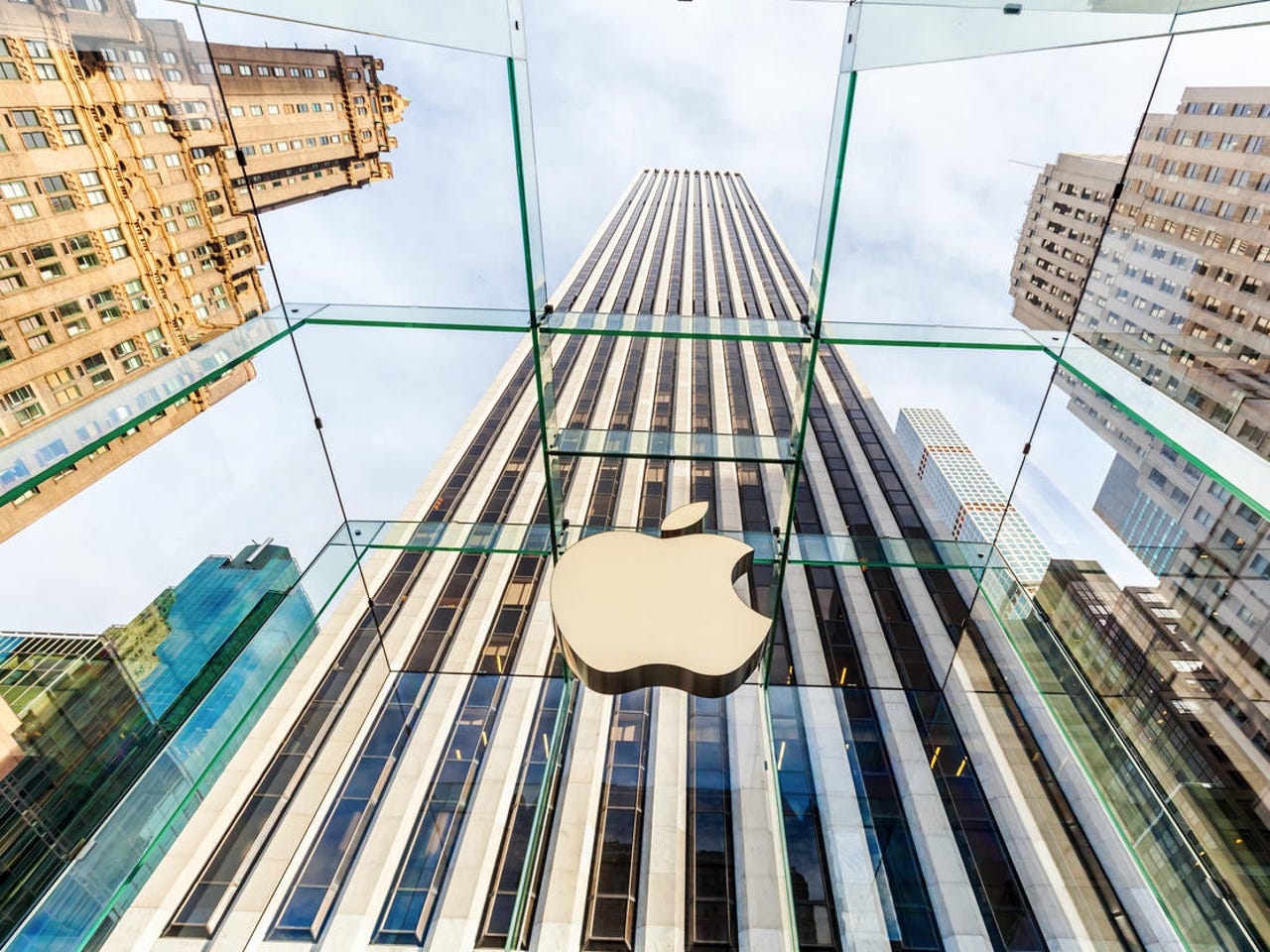Apple is marketing its self-righteousness all wrong


The tower of righteousness may have been built too high.
Tim Cook can often sound like a priest.
ZDNET Recommends
Serious, devoted, and piously committed to representing all that is good in the world.
He wants you to believe that Apple alone stands for freedom, privacy, and a benevolently parental attitude to such frightening things as nudity and swear words.
Sometimes, though, the flock gets restless. Its belief becomes strained. It starts to worry that Apple's avowed principles are little more than trinkets of fluff.
Led by the, of course, entirely altruistic motives of Epic Games and its Fornite franchise -- and the company's lawyers -- some iOS developers have been wondering why Apple is so hard-hearted. Cupertino demands 30% of Epic's app revenue on its collection plate while giving special absolutions to companies like Netflix and Amazon.
Epic successfully mocked Apple as the new Big Brother in an ad. It's rallied more to the cause of smaller tithes making happier believers.
For example, the developers at iA -- whose clients are the likes of Wikipedia, Conde Nast, and Red Bull -- are suggesting that Cupertino sometimes allows Facebook to get away with not paying the 30%.
Facebook makes money from ads on its apps, says iA. Apple doesn't take a cut of that money. Why not? Ads are digital goods, which supposedly fall under the tithe.
And what about many other big brands that seem to get away with it?
Explains iA: "Apple needs Instagram, Amazon, Uber, and Google Maps. A more convincing reason why the top apps do not pay taxes is that Apple needs them as much as they need Apple. The iPhone without Instagram is like Instagram without an iPhone. In spite of Apple's championship for privacy and Facebook's championship for destroying privacy, the relationship between Instagram and Apple is a perfect symbiosis."
We're living in a time where the haves get away with things and the have-far-lesses are treated ever more poorly. Not that Epic is remotely impoverished. Like a San Francisco apartment dweller, it's merely using the current moment to get its rent reduced.
Yet I feel less inclined to mine the details of all this than marvel -- in a slightly comical way -- at Apple's reaction.
Did the company wrap itself in an aura of sublime goodness? But of course.
On Wednesday, Apple suddenly, and surely coincidentally, posted a news update with a happy headline: "iOS app economy creates 300,000 new US jobs as developers adapt during pandemic."
The update is full of uplifting stories of developing entrepreneurs all over America who have gained mightily from the App Store's benevolence.
Some might say, however, that it does come across a little like "we'd hate anything to happen to everyone's App Store revenue."
It's a familiar chorus, too. When critics wonder why Apple's products are largely created in China, Apple trots out its calculation of how many US jobs the company has allegedly created.
Don't look over there, look over here. I cannot confirm Apple is thinking of hiring Kellyanne Conway.
The problem seems quite simple. When your High Priest goes before Congress and says, "We treat every developer the same," it's pushing the sanctimony a little too far and inciting a fuming reaction.
Cook has spent considerable efforts painting Google and Facebook as rapacious millennial beasts, feasting on the privacy and goodwill of every sentient human. It's an accurate criticism.
Accurate, too, is the notion that Epic has behaved quite cynically in trying to provoke Apple.
Yet claiming you're always righteous can come across as tiresomely fatuous when the actual truth emerges. It looks like the priest has been caught in flagrant with one of his parishioners.
An excellent element of the App Store, of course, is that it gives customers the relatively sure knowledge that if Apple has approved an app, it'll operate safely. Developers like that too.
Less certain, though, is Apple's marketing of its arguments here. Principally because it doesn't appear to have anything other than: "The rules are clear. That's the way it is. Except when it isn't. And we decide when it isn't. So there."
Which sounds like one or two religions I can think of.
Apple could try to find a more honest(-sounding) explanation for why it treats some companies more equally than others. It could even try to reassess how it charges all developers. It could find a formula that at least appears fairer and buys even greater faith among them all (and means beloved games aren't suddenly hamstrung).
Instead, it appears to prefer intransigence and a lack of concern. As long, that is, as consumers and developers don't start complaining too much.
Cupertino has rarely been keen to let go of massive revenue streams. And here we are in a time where software has become even more precious than hardware.
Remotivating developers -- all developers -- might be the wiser, holier strategy, especially when you're facing accusations of being a monopoly. Why even some Japanese developers are now wondering whether the App Store is a repository of justice.
Perhaps, then, instead of crowing how beneficent you already are, there's a good, more long-term business reason for a slightly softer, marginally more conciliatory approach.
You know, like the current Pope.
Or, at least, Oprah.